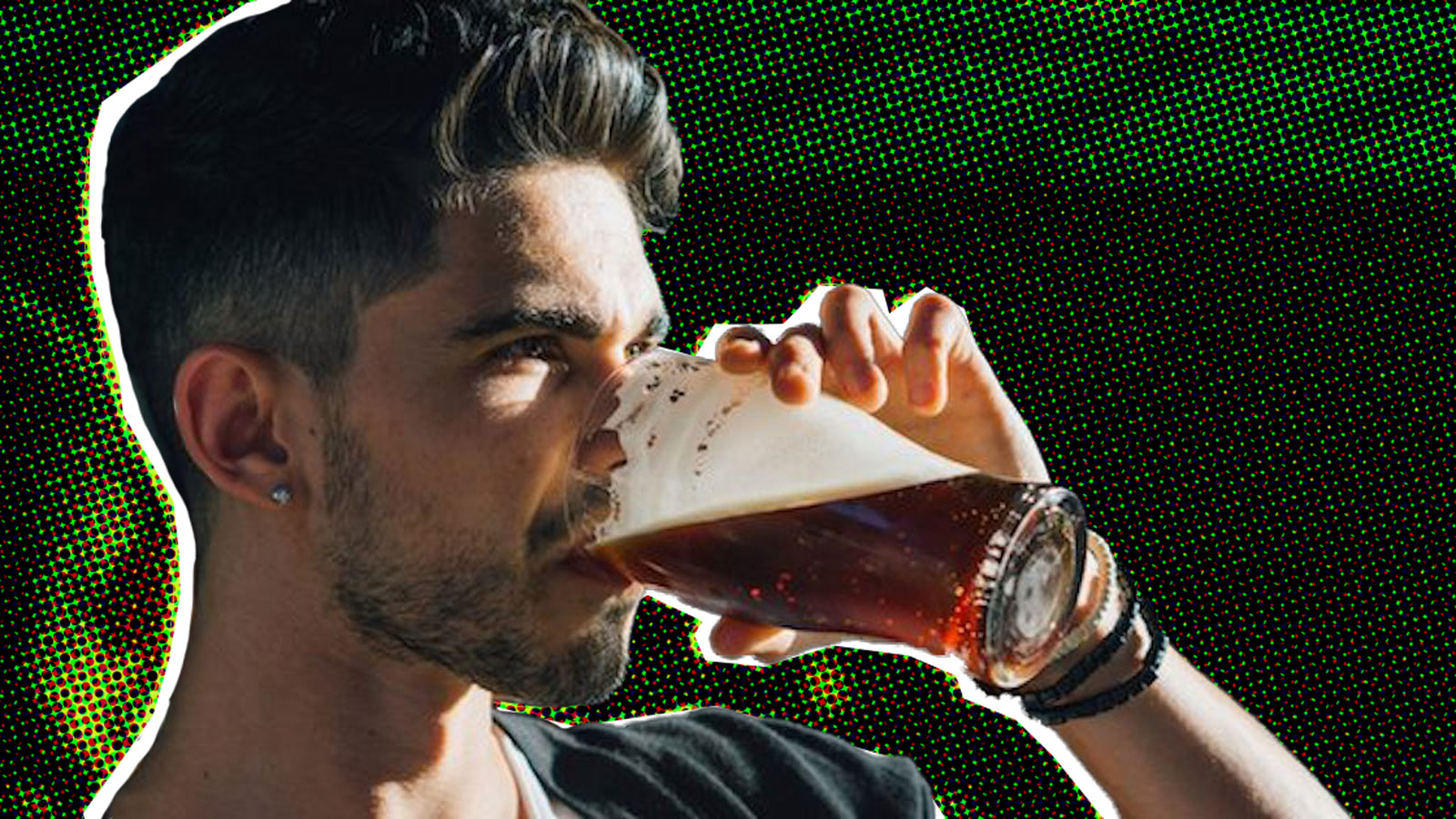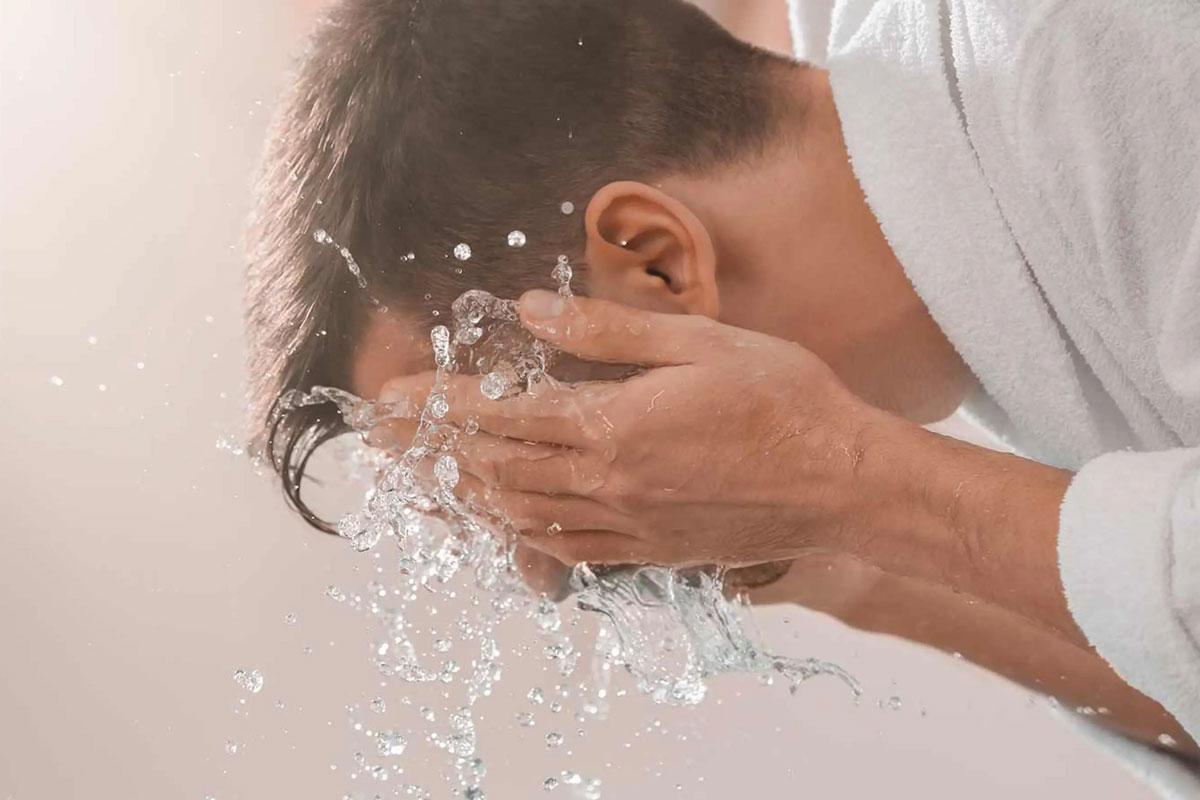
Hangover-induced anxiety, otherwise known as hangxiety, is a genuine phenomenon that occurs the morning after a particular booze-filled night. It doesn’t affect everyone who drinks heavily, but is something you may have previously experienced but just put down to simply being hungover.
There are certain signs to look out for and several theories as to why hangxiety may occur for you. Plus, there are some potential cures to banish your anxiety demons away.
So, what is hangxiety, how long does it last and what are the cures? Read on to find out.
What is hangxiety?
Hangxiety is the abbreviated term for hangover-induced anxiety. Hangxiety is different to a common hangover, which has the symptoms of a headache, nausea and displeasure for sunlight. It is also different to anxiety, which can be a persistent and debilitating condition someone can suffer from.
Hangxiety, meanwhile, is where you experience symptoms of anxiety after a heavy night of drinking. You may already be someone who suffers from anxiety in regular situations, and if this is you, there is a good chance you will also suffer from hangxiety.
What causes hangxiety?
Research is relatively thin on the ground when it comes to certified causes of hangxiety, but according to Healthline, some experts in the field of anxiety have begun to detail some possible theories.
Social anxiety
One of the most common theories for the occurrence of hangxiety is related to social anxiety. If you’re someone who tends to be shy in social situations, but finds they loosen up and feels more confident after a few drinks – it’s not called liquid courage for nothing – then hangxiety can creep in the next morning when you think about the things you did.
A 2019 study using 97 participants found hangxiety was prevalent among highly-shy participants the morning after a night of drinking.
The likelihood that you wouldn’t have done or said what you did had you been sober, is going to be high. This can cause you to feel anxious about how you acted the night before, in addition to experiencing symptoms of a hangover.
The addition go hangover symptoms, such as a headache or feeling nauseous, can also cause to feel anxious because you don’t want the symptoms and you don’t know how to cure them.
Emotional withdrawal
Similar to how alcohol can help you overcome your dislike of social situations, it is also often used as a medium to numb any physical or emotional pain you’re feeling. We’re surely all taken a shot of tequila or opened a bottle of wine when we’ve been dumped or a close friend has annoyed us.
We turn to alcohol because it releases endorphins, which makes us feel good. However, the feel good feeling is only temporary, as your levels of endorphins naturally decrease over the course of several days after they’ve been released.
This comedown, so to speak, which you will likely start to feel the day after drinking, combined with the resurfacing of the feelings you wanted to numb in the first place, can be a cause of hangxiety.
Dehydration

Something many of us have also likely experienced the morning after a few drinks is dehydration. You might even experience it even if you feel like you drank plenty of water. But, studies – such as this one from 2018 – found that dehydration can cause depression and anxiety.
If your alcohol consumption still outweighs your water consumption, you may be dehydrated and not realise. This dehydration can then cause hangxiety.
Sleep-deprivation
Sleep-deprivation has been found to be a cause of a higher risk of anxiety and depression, and, unsurprisingly, a late night of drinking will likely see you fall into bed in the early hours. If you don’t get the recommended 8 hours of sleep, and instead wake up after just 3 or 4, then your risk of suffering from hangxiety also increases.
Medication
Medication and alcohol rarely pair well together. If you’re taking anxiety medication or any other prescribed medication, then be sure to check the label to see if it’s safe to drink alcohol. If you neglect to the read the label and sink a few beers, then you could be at risk of suffering from side-effects, or your medication simply won’t work.
This knowing that your medication may not be working – particularly if it’s anti-anxiety medication – can cause greater levels of anxiety the morning after.
How long does hangxiety last?
There is no specified time period for the effects of hangxiety. However, symptoms of anxiety related to alcohol consumption will likely last as long as a hangover, which is usually up to 24 hours.
Following the end of a hangover, any anxious feelings you feel will fall under ‘normal’ anxiety.
How to cure hangxiety?

As previously mentioned, hangxiety is a result of alcohol consumption. So, cures for the physical symptoms of hangovers can also help. These can include:
- Drinking plenty of water throughout the day
- Eating light foods such as dry toast, bananas or crackers
- Going back to sleep, perhaps with the aid of relaxing music or an essential oil aroma diffuser
- Taking over-the-counter drugs such as ibuprofen or Panadol
Other potential cures can be those of a more mindful nature to help alleviate the anxiety symptoms you’re experiencing. These can include:
- Meditation – a guided meditation may help, and while it’s usually recommended to sit upright, you can still perform a meditation while lying down in your bed.
- Taking slow, deep breaths. You can even try inhaling slowly, holding your breath for a few seconds, before exhaling completely in a slow and controlled manner.
- Thinking about the previous night’s events – It may sound counterintuitive, as it could be the thought of what happened that causes your hangaxiety. But, thinking carefully about what you may have done or said the previous night, and then thinking if anyone actually noticed, or remembers anything you said.
If you feel up to it, you can take these thoughts a bit deeper and consider “why do I feel anxious about saying XX?” “Why do I feel anxious about behaving in XX way?”
How to prevent hangixety?
Because hangxiety is caused by alcohol consumption, the easiest prevention tactic to prescribe would be to not drink. While there are some great non-alcoholic beverages now available, we’re all human at the end of the day, and an alcoholic drink can give us a good time.
So, aside from not drinking at all, you should at least try to avoid drinking on an empty stomach, either by eating something substantial before you drink, or snacking whilst you’re drinking. It’s also recommended to drink some water after every alcoholic drink you have to help dilute the effects of it and keep you hydrated.
Something that may be tricky for some, but can have a positive effect, is to set yourself a limit of how many drinks you’re going to have. You may have good experience and know how many drinks it takes to really send you over the edge and cause a horrendous hangover the next morning. Conversely, you may also know how many drinks will still have you feeling fine the next day.
Hangxiety, for the most part, should be a short-term experience that only lasts as long as your hangover. However, for some, feelings of anxiety will continue and it can be all too easy to turn back to alcohol to relieve the pain.
If you find you do suffer from constant or persistent anxiety, then you should seek out professional help, either with a therapist or a healthcare professional.
Read Next- What Is Depression? Symptoms, Causes & Solutions For Men
- 8 Best Mental Health Apps To Try In 2022
- Going Sober: Man Reveals The Sad Truth About Going 500 Days Sober
The post What Is Hangxiety? Why You Feel Anxious After Drinking appeared first on DMARGE.
0 Commentaires